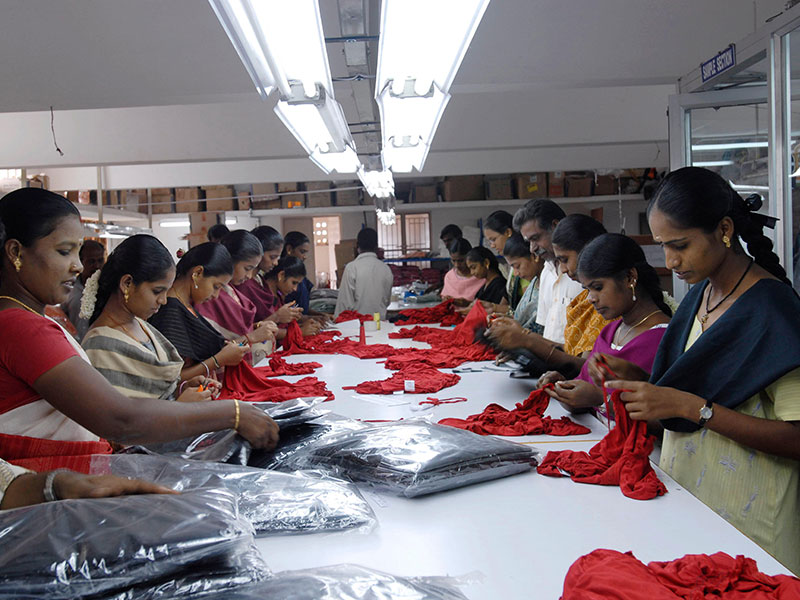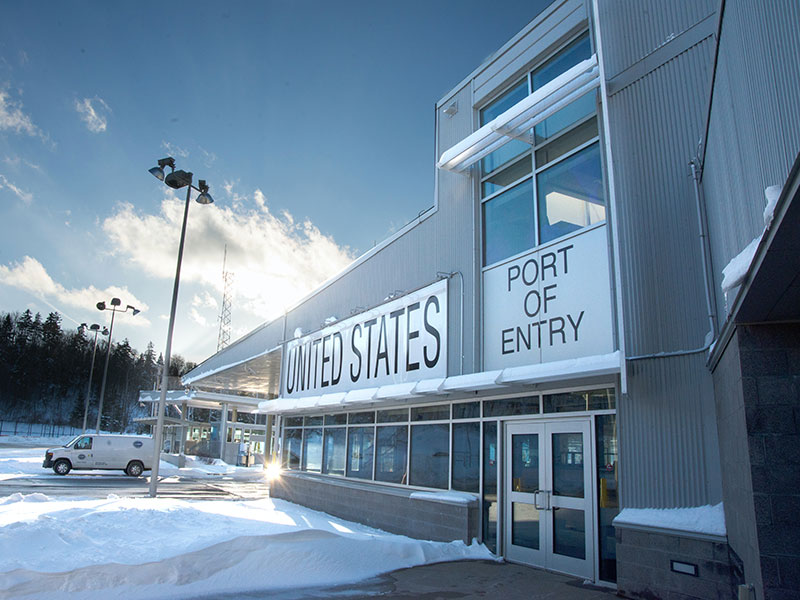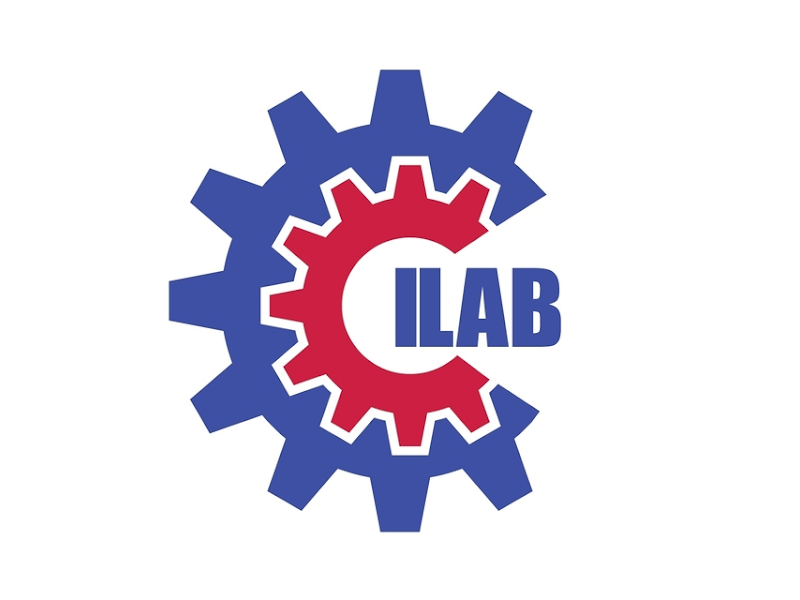Business Tools for Labor Compliance in Global Supply Chains
Child and forced labor in supply chains present serious and material risks to companies and industries. The U.S. Department of Labor's Comply Chain tool helps companies mitigate these risks by building or improving worker-driven social compliance systems, which empower workers to play a central role in identifying and addressing labor rights violations and other concerns within their workplaces. Learn more and explore the steps toward a worker-driven social compliance system below:
Search Comply Chain
Spotlights

At a minimum, every company’s code of conduct and audit tools should include the Fundamental Principles and Rights at Work, which are considered the minimum enabling rights people need to defend and improve their rights and conditions at work.

Under the UN Guiding Principles on Business and Human Rights, business enterprises are responsible for respecting human rights, including avoiding causing or contributing to adverse human rights impacts through their own activities. This resource includes examples of laws and regulations concerning responsible business conduct and human rights.

Withhold Release Orders (WROs), issued by U.S. Customs and Border Protection (CBP), direct CBP’s Port Directors at ports of entry to detain a shipment of goods. CBP can detain any shipment when it has reason to believe that the goods (or their inputs) were made with forced labor, forced child labor, or prison labor under Section 307 of the Tariff Act of 1930 (19 U.S.C. § 1307).

This tool was created by the U.S. Department of Labor’s Bureau of International Labor Affairs (ILAB)’s Office of Child Labor, Forced Labor, and Human Trafficking. ILAB's mission is to strengthen global labor standards, enforce labor commitments among trading partners, promote racial and gender equity, and combat international child labor, forced labor, and human trafficking.

Companies have a variety of motivations for implementing social compliance systems, including consumer and shareholder pressure, improved supply chain management, and legal compliance.
